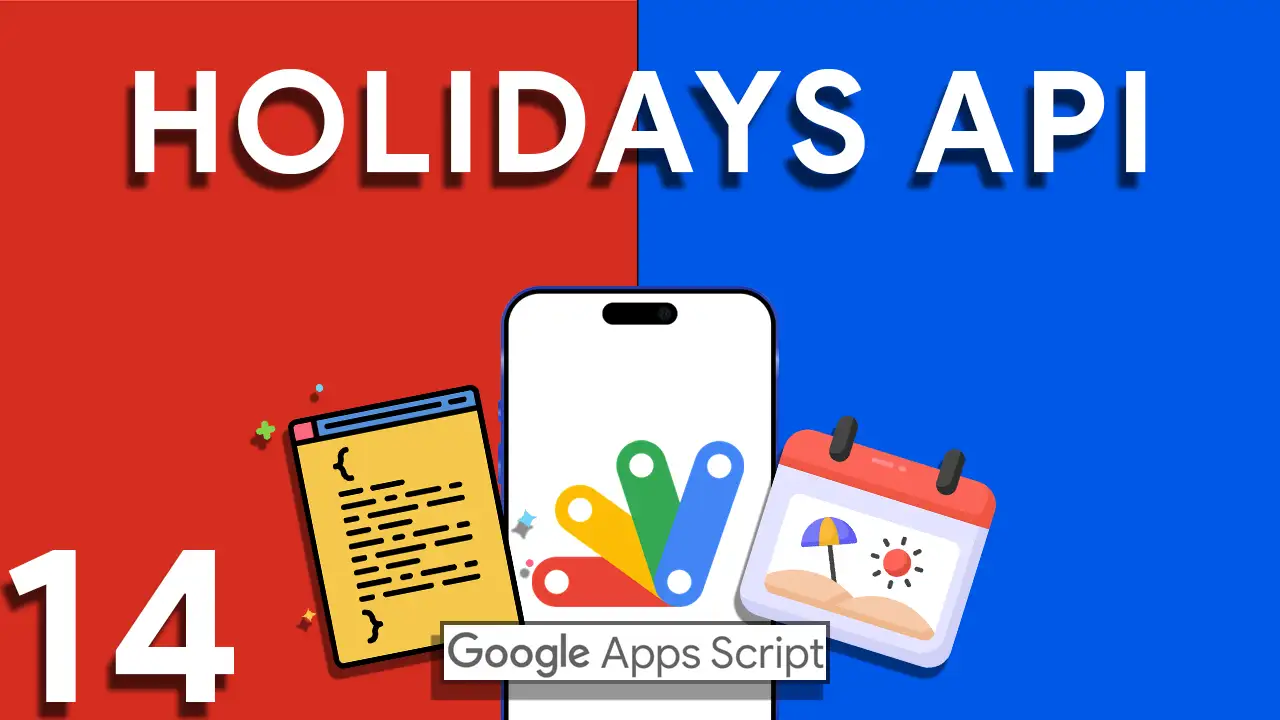Handling multiple conditions and outcomes efficiently is a common challenge in app development. AppSheet offers a powerful solution with the IFS() function, allowing you to streamline complex conditions into a single, easy-to-read formula. In this comprehensive blog post, we’ll explore the basics of IFS() in AppSheet and demonstrate how this function simplifies decision-making and enhances the functionality of your applications.
Understanding the Basics of IFS() in AppSheet
The IFS() function in AppSheet is designed to evaluate multiple conditions sequentially and return the first outcome that meets the criteria. It’s a valuable tool for simplifying conditional logic and making your app’s behavior more dynamic.
The IFS() function in AppSheet follows a straightforward structure:
IFS(condition_1, outcome_1, condition_2, outcome_2, ..., condition_n, outcome_n)
Here’s how the function works:
condition_1, condition_2, ..., condition_n: These are the conditions you want to evaluate. You can specify as many conditions as needed.outcome_1, outcome_2, ..., outcome_n: These are the outcomes associated with each condition. The function returns the outcome corresponding to the first true condition. If none of the conditions are true, you can provide a default outcome.
Let’s explore practical scenarios where you can leverage the IFS() function in AppSheet:
- Dynamic Data Display: IFS() can be used to dynamically display data based on various conditions. For example, you can show different messages to users depending on their login status, such as “Welcome, Guest” or “Welcome, User.”
- Multi-Level Validation: IFS() is handy for multi-level data validation. You can use it to validate user input based on multiple criteria, such as checking if a discount code is valid, whether the order quantity is within a range, and more.
- Workflow Automation: The IFS() function can trigger different workflow actions based on various conditions. For instance, you can automate email notifications, assign tasks, or update records based on specific criteria.
- Conditional Calculations: IFS() allows you to perform conditional calculations. You can calculate values differently based on conditions, such as applying discounts, taxes, or fees based on user input.
Practical Example
Here’s an example of how the IFS() function can be used in AppSheet:
IFS([OrderStatus] = "Pending", "Please wait for order processing.", [OrderStatus] = "Shipped", "Your order is on the way.", [OrderStatus] = "Delivered", "Your order has been delivered.", TRUE, "Order status unknown.")
In this scenario, the function evaluates the “OrderStatus” column and returns different messages based on the order status. If none of the conditions match, it provides a default message.







